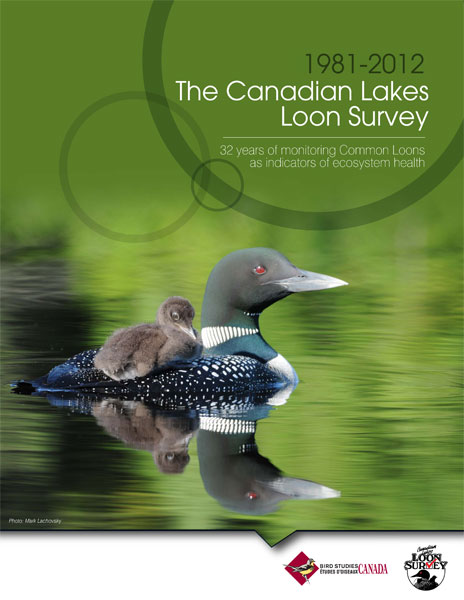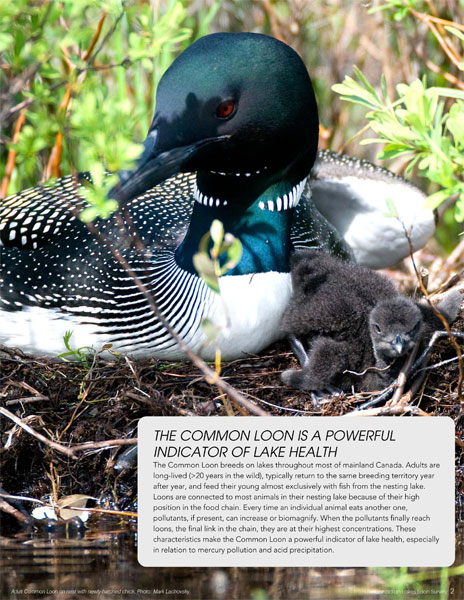Counting loons on Prince Albert National Parks
- EFN Staff | May 24, 2015
Trying to find ways to connect with nature and keep your kids’ brains active during the holidays?
This
summer, volunteer to spend a day on the water of one of Prince Albert
National Park’s pristine lakes and do a bit of quick math while you’re
at it.
“A
day at the lake with your family is a great way to connect with one
another and with nature,” said Shannon Bond, communications officer.
“Camp in an oTENTik in Beaver Glen campground then head out on the water
to fish, swim, explore and find a secret picnic spot all your own.
While you’re at it, count how many loons you see.”
Volunteers
are needed to survey one of 12 park lakes identified for the study and
report back using a form provided by Parks Canada. The data, collected
from surveys from right across Canada, are submitted to Bird Studies
Canada, an organization supported by Parks Canada.
Working
with volunteers on citizen science projects that help them learn more
about nature is just one way that Parks Canada is supporting Canada’s
National Conservation Plan.
Theresa
Stene, resource management officer, is co-ordinating the project at the
park. She said they’ve been taking part in the Canadian Lakes Loon
Survey since 1996.
“Many
of the park staff enjoy participating in the loon count but sometimes
it’s hard to find time to get it done during the busy summer season,”
said Stene, “so finding volunteers from the community would be really
helpful and I think they’d have a lot of fun doing it.”
By counting loons, Stene said the park can gauge how healthy the bird’s population is as well as the aquatic ecosystem.
“If
loons have healthy habitat and food sources, are hatching chicks, and
the majority of those chicks are surviving until the autumn migration,
then over the course of many years the surveys will help us determine
how the entire ecosystem is doing,” Stene said.
As of the last State of the Park Report, Prince
Albert National Park’s aquatic environment scored as stable and in good
condition. Bird Studies Canada has conducted the Canadian Lakes Loon
Survey nationally for more than 30 years, so the park can also compare
the numbers of loons in its lakes through time against the population of
loons across the country.
To learn more or to sign up to volunteer for the survey, contact: panploon.pnpaplongeon@pc.gc.ca or phone 306-663-4522.
Read The Canadian Lakes Loon Survey here.
Click here for more Health stories.


